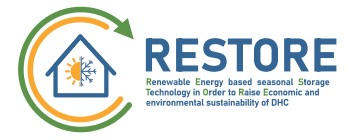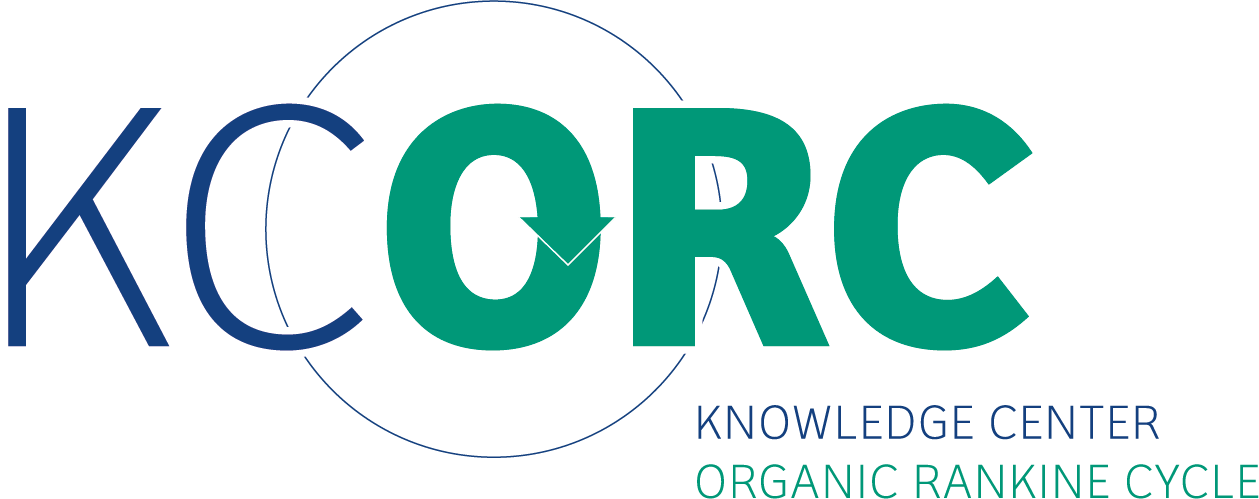Renewable Energy based seasonal Storage Technology in Order to Raise Economic and environmental sustainability of DHC

Project website: https://www.restore-dhc.eu/
Time period: October 2021 to September 2025
Funder: Horizon 2020 (Grant agreement ID: 101036766)
Total budget: 5,667,736.25 EUR
Short description:
RESTORE proposes a radically innovative solution for DHC, based on the combination of two key innovative technologies (TCES+ORC), that allows integrating a wide variety of renewable technologies combined with competitive seasonal storage in DHC networks, allowing them to be 100% renewable to radically improve their environmental sustainability.
The first technology the project aims to develop is an innovative thermal energy storage system based on Thermo-chemical reactions, the Thermo-Chemical Energy Storage (TCES), that provides daily and seasonal competitive energy storage due to its high energy density, very low energy losses and its low-cost. The system represents a key development due to the fact that it allows harnessing the enormous amount of energy that is normally wasted due to the mismatch between energy demand (loads) and energy generation (related to the availability of the renewable resource or waste heat), mainly occurring between seasons. In addition, the project aims to develop a second technology that is based on Heat Pump and ORC and is combined with the TCES system. This second technology adapts the energy provided by different renewable technologies to feed the storage system, thus a wide variety of renewable technologies as well as waste heat can be integrated into the whole system to finally supply the energy demand under the specific conditions laid down by each DHC.
This radically innovative solution would tackle the main barriers for a wide deployment of renewable energy technologies and waste heat in the existing and future DHC networks. The projects consider the experimental validation of the RESTORE concept and also the demonstration of the concept replicability potential, adapting and optimizing the proposed solution to different real sites (different network conditions and local particularities as the available renewable technologies/waste heat) spread over the EU, and quantifying its potential benefits via virtual use-cases.
Partners:
- FUNDACION CENER (Coordinator)
- TECHNISCHE UNIVERSITAET WIEN
- POLITECNICO DI MILANO
- TURBODEN SPA
- ENERBASQUE SL
- SIMTECH GMBH
- AALBORG CSP AS
- STEINBEIS INNOVATION GGMBH
- ANDRITZ AG
- UNIVERSITATEA BABES BOLYAI
- PROSPEX INSTITUTE

